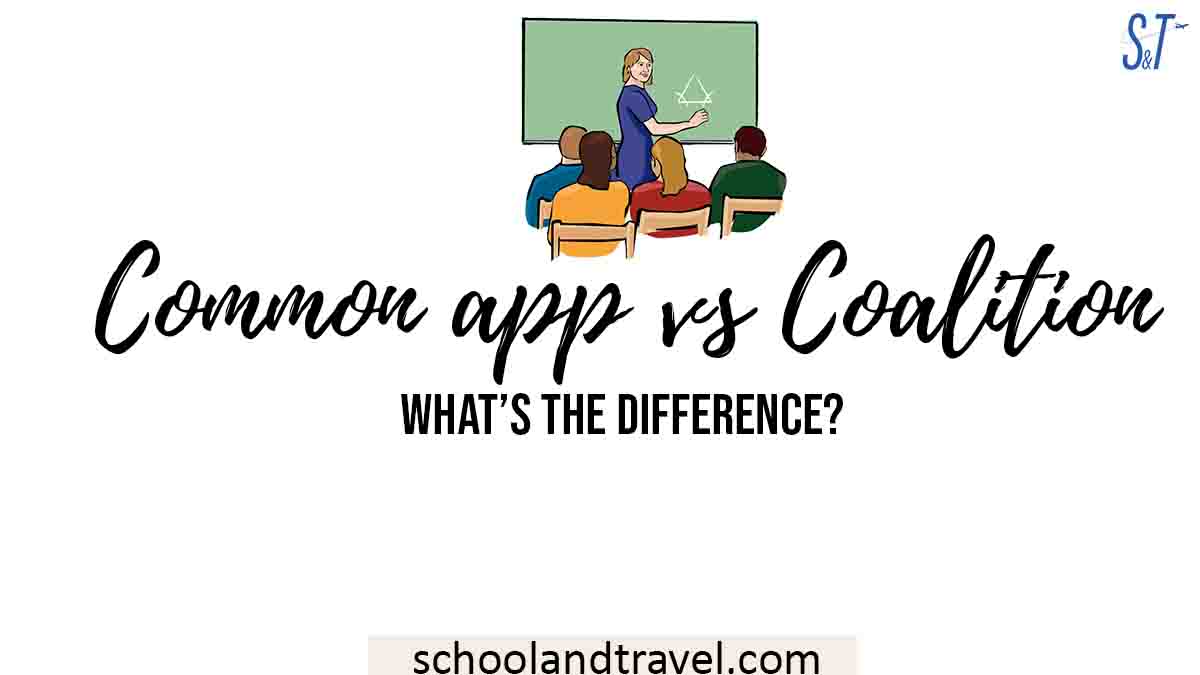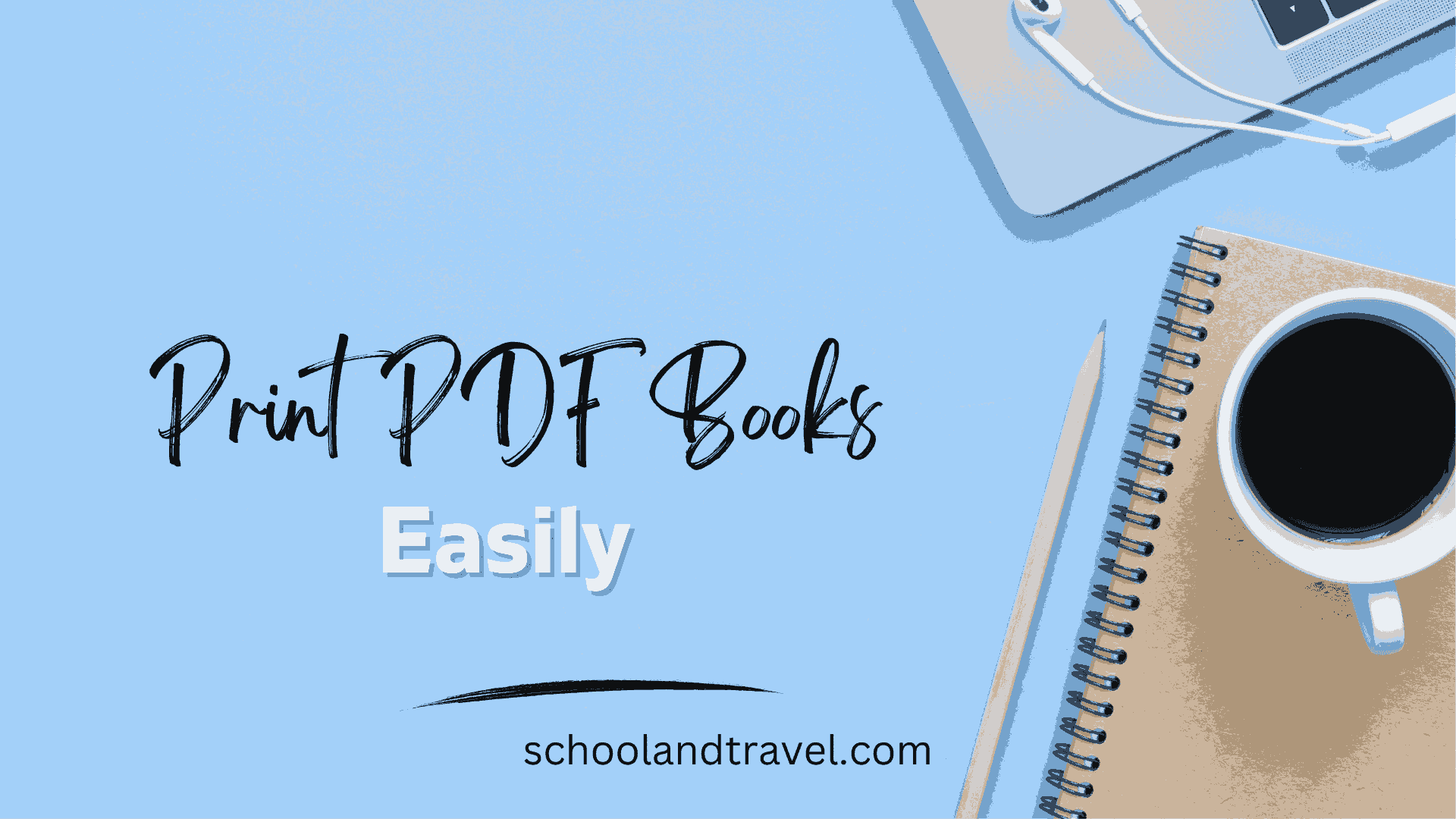Canada is a vast, multicultural nation with a deep cultural heritage.
This article will answer some basic questions and talk about some basic facts about Canada, including its geography, government, and banking system.
This article will be fun and useful for you whether you are Canadian or just interested in the country.
Is General Knowledge Important about Canada?
Yes, it is beneficial to have general information about Canada for a variety of reasons.
It can aid in your understanding of the politics, culture, and history of the nation.
Furthermore, knowing Canada can be helpful if you intend to visit or conduct business with Canadian enterprises.
Ultimately, you’ll become more informed and well-rounded if you have a general understanding of Canada.
General Knowledge about the Geography of Canada
| No. | Question | Answer |
| 1. | Which three mountain ranges in Canada are the largest? | The Laurentian Mountains, the Coast Mountains, and the Rocky Mountains are the answers. |
| 2. | What is the lengthiest river in Canada? | Mackenzie River. |
| 3. | What role does the Hudson Bay play in Canadian geography, please? | Hudson Bay has been an essential part of Canada’s history as a fur trade hub. |
| 4. | What location in Canada is the northernmost? | The northernmost point of Canada is Cape Columbia, located in Nunavut. |
| 5. | What is the total number of provinces and territories in Canada? | Ten provinces and three territories comprise the nation of Canada. |
| 6. | Which freshwater lake in Canada is the biggest? | Great Bear Lake, situated in Canada’s Northwest Territories, is the country’s largest freshwater lake. |
| 7. | What province in Canada is dubbed the “Land of 100,000 Lakes”? | It’s common to refer to Manitoba as the “Land of 100,000 Lakes.” |
| 8. | What is the name of Canada’s highest mountain? | The tallest mountain in Canada is Mount Logan, which is found in the Yukon. |
| 9. | Which two oceans do Canada’s borders border with? | In response, Canada’s eastern boundaries are shared by the Atlantic and Pacific oceans, respectively. |
| 10. | What role does the Aurora Borealis, or Northern Lights, play in Canadian geography? | Because the northern parts of Canada are so close to the Earth’s magnetic pole, they provide breathtaking views of the Northern Lights, especially in the Yukon and Northwest Territories. |
General Knowledge about the History of Canada
| No. | Question | Answer |
| 1. | Who were the earliest people to live in Canada? | The First Nations, Inuit, and Métis are among the groups of Indigenous peoples who were the original occupants of Canada. |
| 2. | What was the official date of Canada’s independence? | On July 1, 1867, Canada gained independence as a dominion within the British Empire by virtue of the British North America Act, which is today called the Constitution Act. |
| 3. | In Canadian history, what was the goal of the Hudson’s Bay Company? | The Hudson’s Bay Company, which was founded in 1670, and was heavily involved in both the fur trade and the exploration of Canada. |
| 4. | What did Canada gain or lose during the Battle of Vimy Ridge during World War I? | In response, the 1917 Battle of Vimy Ridge is frequently cited as a turning point in Canadian history because the country forges a sense of identity via military prowess. |
| 5. | What historic event paved the way for Quebec’s secession and the rise of nationalism among French-speaking people? | The growth of Quebec nationalism, which called for more autonomy for the province, was spurred by the social and political upheavals of the Quiet Revolution in the 1960s. |
| 6. | What function did the Canadian Pacific Railway serve in the late 1800s? | To facilitate trade and transportation, the Canadian Pacific Railway united the country’s east and west coasts when it was finished in 1885. |
| 7. | What role has the Charter of Rights and Freedoms had in Canadian history? | The Canadian Constitution includes the Charter of Rights and Freedoms, which was introduced in 1982 and guarantees all citizens fundamental freedoms and rights. |
| 8. | What part did Canada take in the Second World War? | Canada made a substantial contribution to the Allied forces during World War II in the form of personnel, supplies, and industrial support. |
| 9. | Who served as Canada’s first prime minister? | Canada’s first prime minister, Sir John A. Macdonald, held office from 1867 to 1873 and again from 1878 to 1891. |
| 10. | What effects resulted from the 20th-century oil discoveries in Alberta? | The Athabasca Oil Sands, in particular, which were discovered to contain oil, had a significant effect on the Canadian economy and elevated the area to a prominent position in the world energy market. |
General Knowledge About the Canadian Government
| No. | Question | Answer |
| 1. | What kind of government exists in Canada? | In response, Canada is both a constitutional monarchy and a federal parliamentary democracy. |
| 2. | In Canada, who holds the position of head of state? | The monarch of the United Kingdom, Queen Elizabeth II, is the head of state of Canada as of my most recent knowledge update in January 2022. |
| 3. | Who is the head of state or government of Canada? | In Canada, the prime minister is the head of state or government. Justin Trudeau is the prime minister as of the most recent information update I have. |
| 4. | What is the Governor General’s function in Canada? | The Governor General is the head of state of Canada and performs a number of ceremonial functions, such as opening Parliament and giving royal assent to laws. |
| 5. | What is the process for selecting Canada’s prime minister? | After a general election, the Prime Minister is the head of the political party with the most seats in the House of Commons. The Prime Minister is formally appointed by the Governor General. |
| 6. | What is the building housing the Canadian Parliament called, and where is it located? | The Parliament Hill Edifice, also referred to as the Canadian Parliament Building is situated in Ottawa, the nation’s capital. |
| 7. | What is the number of chambers in the Canadian Parliament? | The House of Commons and the Senate are the two chambers that make up the Canadian Parliament. |
| 8. | What is the process for appointing senators in Canada? | In Canada, senators are chosen by the Governor General based on the Prime Minister’s recommendation. |
| 9. | What function do Members of Parliament (MPs) serve in the Commons? | In the House of Commons, Members of Parliament discuss and vote on proposed laws while representing constituencies across Canada. |
| 10. | What role does the Charter of Rights and Freedoms have in Canadian governance? | The fundamental rights and freedoms of Canadian citizens and residents are outlined in the Charter of Rights and Freedoms, which has been a component of the country’s Constitution since 1982. It forms the basis of the legal system in Canada. |
General Knowledge of the Economy of Canada
| No. | Question | Answer |
| 1. | What are the main economic sectors that contribute to Canada? | The primary industries supporting the Canadian economy are manufacturing, services, and natural resources (energy, mining, and forestry). |
| 2. | What is the importance of the agriculture sector in Canada? | Canada’s agriculture industry, which produces wheat, canola, and animals, is essential for the nation’s food supply and a significant contributor to its economy. |
| 3. | What are the leading sectors in Canada’s natural resources industry? | The natural resources industry in Canada comprises the following sectors: mining, forestry, and energy (natural gas, oil, and hydroelectric power). |
| 4. | What role does trade with other countries play in Canada’s economy? | Canada’s economy depends heavily on international trade since it is a significant exporter of manufactured goods, services, and natural resources. |
| 5. | What is the automotive industry’s significance in Canada? | Being a prominent manufacturer and exporter of cars and auto parts, Canada’s automotive industry contributes significantly to the country’s manufacturing sector. |
| 6. | What role does Canada’s energy industry have in the country’s economy? | The energy industry in Canada, especially the extraction of oil and gas, is vital to the nation’s economy economically and internationally. |
| 7. | What role does the technology industry play in Canada’s economy? | The technology industry, which encompasses innovation’s ware development, and telecommunications, is becoming more and more significant and helps Canada’s jobs and diversify the economy. |
| 8. | What role does Canada’s banking and financial industry have in the country’s economy? | The banking and financial industry in Canada is a vital component of the nation’s economy, bringing Canada stability, prosperity, and the nation’s world economy. |
| 9. | What economic effects does the Canadian government have? | To foster economic stability, growth, and social welfare, the Canadian government implements laws, regulations, and fiscal and monetary policies. |
| 10. | What effect do exports of natural resources have on Canada’s trade balance? | The answer is that exports of natural resources, such as lumber, minerals, and oil, have a significant effect on Canada’s trade balance and account for a sizable amount of its export revenue. |
General Knowledge About the Culture in Canada
| No. | Question | Answer |
| 1. | What two languages are recognized as Canada’s official official languages? | Given that the nation was founded on bilingualism, English and French are Canada’s two official languages. |
| 2. | What is “Hockey Night in Canada,” and what is its significance in Canadian culture? | Canadian Hockey League (NHL) has a long-standing Canada airing its games in Canada, known as “Hockey Night in Canada”. As the most popular sport in Canada, hockey has a unique cultural” l significance. |
| 3. | Which “indigenous groups are highly represented in Canadian culture? | In Canada, there are several different Indigenous peoples, such as First Nations, “Inuit, and Métis” all of whom have unique cultures, dialects, and customs. |
| 4. | What role do the Royal Canadian Mounted Police, or Canadian Mounties, play in Canadian culture? | In response, the Royal Canadian Mounted Police (RCMP), distinguished by their red serge uniforms and Stetson hats, are quintessential icons of Canadian culture. They are involved in both public festivities and law enforcement. |
| 5. | What is the Canadian approach to commemorating National Indigenous Peoples Day? | Through events, performances, and ceremonies, National Indigenous Peoples Day, observed on June 21, honours and respects the various traditions and accomplishments of Indigenous peoples in Canada. |
| 6. | What significance does the Group of Seven have in Canadian art history? | The early 20th-century Canadian landscape painters known as “The Group of Seven” had a profound impact on Canadian art and successfully portrayed the untamed beauty of their homeland. |
| 7. | Which Canadian city is home to the Toronto International Film Festival (TIFF) each year? | The Toronto International Film Festival, one of the most “well-known film festivals” in the world, is held in Toronto. It features a wide variety of films and garners interest from all around the world. |
| 8. | What is poutine, and what makes it essential to Canadian culture? | Poutine is a meal from Canada made of fries covered in gravy and topped with cheese curds. It is a well-liked comfort dish and a representation of Canadian cooking tradition. |
| 9. | What role does the Canadian Broadcasting Corporation (CBC) play in society? | The Canadian Broadcasting Corporation (CBC) is the country’s public broadcaster and is essential to the representation and preservation of Canadian culture on radio, television, and digital platforms. |
| 10 | What is the Canadian national holiday, Canada Day, celebrated like? | In response, Canada Day is observed annually in Julcountry to commemorate the Confederation’s anniversary. Fireworks, parades, concerts, and other national cultural events are all part of the celebrations. |
What No One Tells You About Canada
1. Canada is Too Big:
Canada is an ideal destination for individuals who enjoy vast expanses, as it offers an abundance of land.
The country ranks as the second largest globally, with an approximate area of approximately 10 million square kilometers, placing it behind Russia.
The land area of Canada is more than 40 times larger than that of the United Kingdom.
2. Canada Has Two official languages:
Canada chose to have a lot of different languages, so they made English and French both national languages.
This may seem hard, but think about places like India, which has sixteen recognized languages, or Singapore, which has four.
The strong French impact is more noticeable in Quebec, the eastern province, where people work hard to keep the atmosphere mostly French.
3. Canada is freezing cold:
In Canada, it gets super cold, way beyond just ‘chilly’.
Most places, except the west coast, stay below zero in winter. Some areas even drop to -30°C or -40°C, making going outside not so fun.
It’s so cold that the coldest temperature ever recorded in North America was in Yukon, Canada, at -63°C. That’s as cold as Mars! Lakes don’t sound too inviting in that weather.
FAQs on General Knowledge about Canada
The northernmost point is Ellesmere Island.
The national animal of Canada is the beaver.
Middle Island.
The largest province in Canada is, indeed, Quebec.
Conclusion
Canada is a vast, multicultural nation with a deep cultural heritage.
It also has Canada’s Moss, Canada’s Shetworld, and breathtaking natural scenery.
Awesome one; I hope this article answers your question.
Editor’s Recommendations:
- 51+ General Knowledge Questions And Answers About Kerala
- 159+ General Knowledge Questions And Answers For Class 8
- 75+ Funny Math Riddles With Answers (Reasons, FAQs)
- 73+ Basic Geography Questions Everyone Should Know
- 49+ Disney Movie Trivia Questions And Answers (FAQs)
- 50 General Knowledge Questions and Answers about Science
- 119+ True or False Bible Questions With Answers
- 59+ Sports Questions And Answers
- 50 General Knowledge Questions And Answers About Banking
- 119+ GK Questions And Answers For Class 7
If you find this article good, please share it with a friend.





